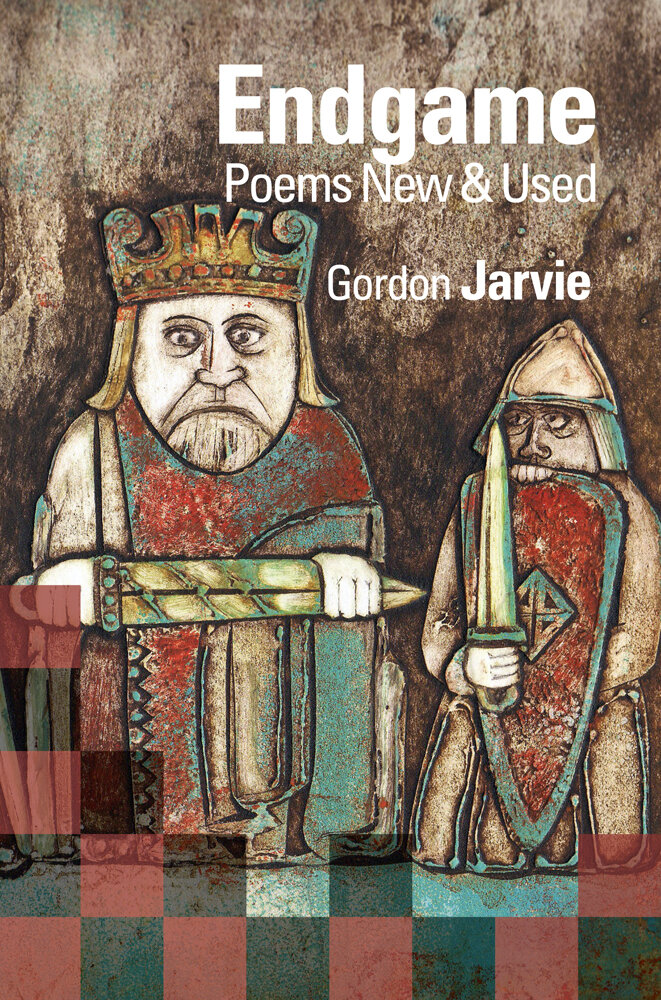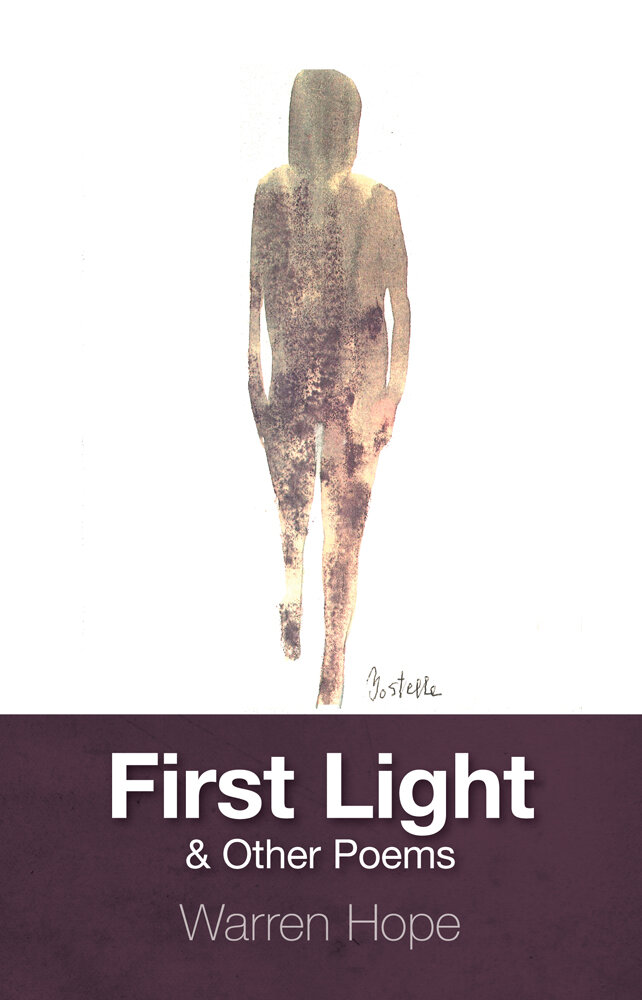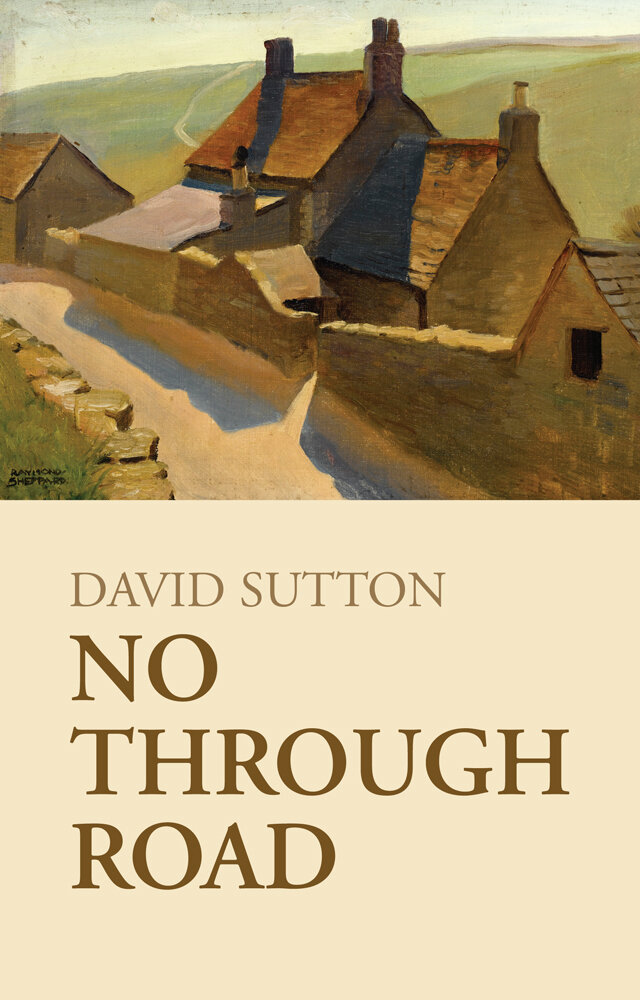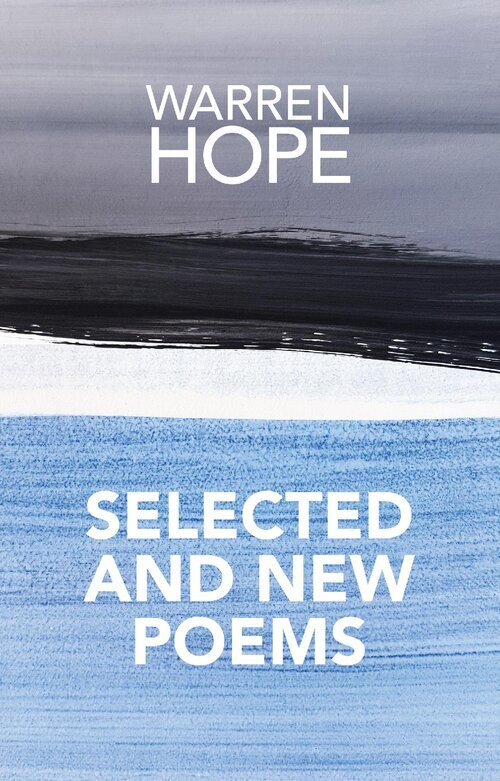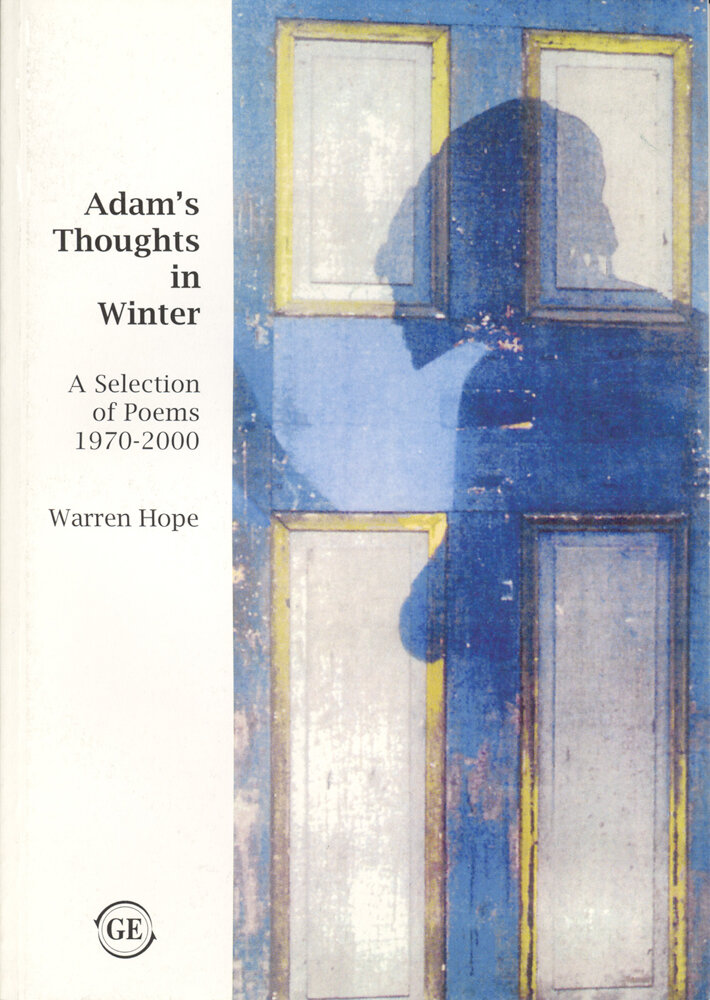 Image 1 of 1
Image 1 of 1


Every Voice: Selected Poems of Leonard Clark
Leonard Clark (1905-1981) was a poet, editor, memoirist, broadcaster, and school inspector, whose writing career began in the early 1920s and continued until his death. Admired by those as diverse as Edith Sitwell, Walter de la Mare, and John Betjeman, much of Clark’s work celebrated, and was inspired by, the natural world, in particular the landscapes and surroundings of his native Gloucestershire.
This new selection – including unpublished works and some which have been out of print for many years – showcases the best of Clark across nearly six decades and reveals him to be a poet who sidestepped many of the century’s literary fashions to present a vision of the world that was at once both profound and humane.
Simplistic, without ever being simple, Clark’s verse taps into a visionary tradition of English writing that is characterized by a particularly close affinity to nature and the ‘potency of the tuft’ that inhabited his being.
About the author:
John Howlett is a Lecturer in Education at Keele University. He writes not only on the history of education and schooling but also nineteenth- and twentieth-century poetry, a field in which he has edited a number of critical editions including James Reeves: Selected Poems (Greenwich Exchange, 2021).
Leonard Clark (1905-1981) was a poet, editor, memoirist, broadcaster, and school inspector, whose writing career began in the early 1920s and continued until his death. Admired by those as diverse as Edith Sitwell, Walter de la Mare, and John Betjeman, much of Clark’s work celebrated, and was inspired by, the natural world, in particular the landscapes and surroundings of his native Gloucestershire.
This new selection – including unpublished works and some which have been out of print for many years – showcases the best of Clark across nearly six decades and reveals him to be a poet who sidestepped many of the century’s literary fashions to present a vision of the world that was at once both profound and humane.
Simplistic, without ever being simple, Clark’s verse taps into a visionary tradition of English writing that is characterized by a particularly close affinity to nature and the ‘potency of the tuft’ that inhabited his being.
About the author:
John Howlett is a Lecturer in Education at Keele University. He writes not only on the history of education and schooling but also nineteenth- and twentieth-century poetry, a field in which he has edited a number of critical editions including James Reeves: Selected Poems (Greenwich Exchange, 2021).


